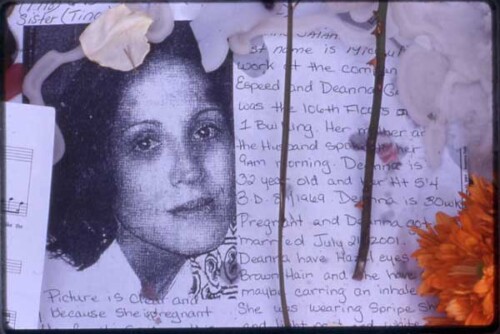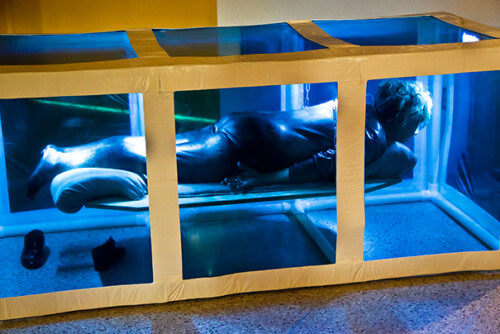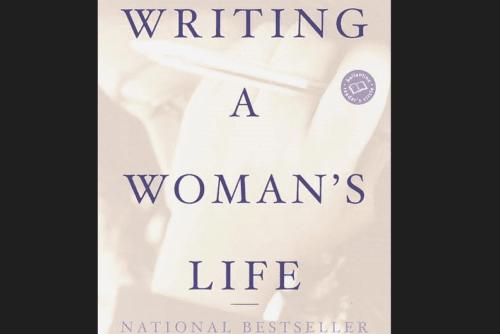Introduction: Kosovo/Kosova, 20001
From my journal, if I had written it then knowing what I know now:
February 21, 2000. First day. Crossing the border into Kosovo. The Kosovar countryside, along the road to Pristina from Skopje, is dotted with empty houses. Shells of old houses, once white, now burned, and new, brick houses, just being built, almost complete. None of these houses, old or new, have windows. The torched, once white, houses have blackened gaps with gray shadows staining the walls above; the new brick ones have empty spaces, gaps for windows that haven’t arrived yet. The houses are scattered upon the empty hills, nearby and distant; for every burnt house, its windows put out, blinded, there is a new brick house, that does not yet have the ability to see.
February 26. Departure from Kosova. Last night, which was the culmination of the first phase of the theater project, we tried to celebrate at the Schota, the National Dance Theater of Kosova, where we have been given rehearsal space. Maurizio [the set designer for the project] created an installation, an environmental work of art, within which we danced and laughed and consolidated the experience of the three weeks of the theater project. On the walls were photographs, on the floor were candles and objects, on the ceiling slides and films, images and symbols, solid, transient, transforming, evocative of the surprises and familiarities of the three weeks of theatrical imagination afoot. Rock music aspiring to be a common language of the youth of Europe, interspersed with the folk music of Kosova; formless wild dancing alternated with the familiar forms and steps of folk dance. Suddenly, the music changed. . . . A heavy, relentless beat, a chorus of voices intoning a repetitive drone, which sounded to me like “oojekay! oojekay! oojekay!” I dimly realized that these sounds had been coming from the café across the lobby all evening long; only now they had been introduced into our sound system. Michele [the director of the video archive ] leaned over and spoke into my ear, translating for me what the music was saying: “U-Ç-K! U-Ç-K! U-Ç-K!” [K-L-A! K-L-A! K-L-A!] The café of the Schota, it turns out, is a gathering place for Kosovar Nationalists in general and former members of the KLA in particular. Eventually, we reclaimed our sound system, and the sounds of folk music and rock music were restored, and the heavy echo of the music of the KLA withdrew to the other side of the lobby.
On the two sides of the lobby of the Schota National Dance Theater of Kosova, on the evening of February 25th, 2000, could be found two responses to war trauma. These two responses frame what I have to contribute to a discussion of international interventions in trauma in general, and about using theater specifically as a response to trauma.
First, I must offer a context from which I write. Who am I? What brought me to Kosovo on that frozen February afternoon? And why should anyone care what I have to say?
I am a psychoanalyst, a teacher and a theater director. I come to trauma by birth, that is to say, vicariously and seductively: my mother survived Auschwitz, my father, whose family was killed in the Warsaw ghetto, fought as a soldier in the Soviet army. He was wounded twice and he killed people. I have turned vicarious traumatization into a relationship with trauma, a relationship that includes elements of witnessing, voyeurism, and an urge to make changes, to do some good for others and myself. I do these as a psychoanalyst, as a professor of psychoanalytic theory at Columbia University and of trauma interventions at the International Trauma Studies Program at New York University, and as the director of a theater group called Theater Arts Against Political Violence, which creates works of theater derived from our dialogues with people who have been victims of political violence, torture and exile, and with those who work on the front lines of human rights interventions with such people.
These various aspects of my life contribute to what I have to say about trauma, international trauma interventions, and theater as a response to trauma. So, with that full disclosure, I begin.
- “Kosovo” is the Serbian spelling for the country. It is also the name preferred by the international community, because the aim of the Americans and Europeans has been the ultimate reunification of the country, in some manner, with Serbia and Montenegro (which until recently had been called “the former Yugoslavia”). The Albanian spelling is “Kosova,” reflective of Albanian nationalism and the desire for a country independent of Serbia. In speaking the name of this country, then, there is no neutral position; one aligns oneself immediately with a political vision of the future and a story of the past. I find myself using Kosovo at certain moments and Kosova at others; the usage can be taken to reflect my emotional allegiance (or my antagonism) at a given moment. [↩]




